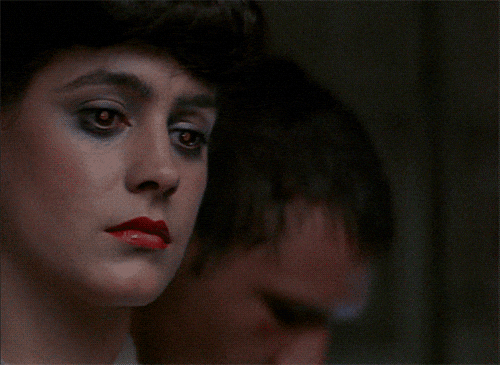Blade Runner, released in 1982, is a science fiction film directed by Ridley Scott that has left an indelible mark on popular culture. The movie's themes and visual style have influenced countless films since its release. However, beyond the stunning cinematography and groundbreaking special effects lies a deeper exploration of social issues that still resonate today.
One of the most prominent aspects of Blade Runner is its portrayal of artificial intelligence (AI) and human-like robots called replicants. The film raises questions about what it means to be human, exploring themes such as identity, empathy, and morality in relation to these advanced beings. As society continues to advance technologically, we must consider the ethical implications of creating machines that can think and feel like humans.
Another significant social implication explored by Blade Runner is the impact of overpopulation on urban environments. The film depicts a dystopian future where cities are crowded, polluted, and dominated by towering skyscrapers. This reflects our current concerns about sustainable living conditions and resource management in rapidly growing metropolises around the world. As populations increase, we must address these issues to ensure that future generations can live comfortably on Earth.
In conclusion, Blade Runner serves as a cautionary tale for society's potential future if we fail to address pressing social issues such as AI ethics and urban overpopulation. By examining the film's themes, we can gain valuable insights into how these challenges may shape our world in years to come.
